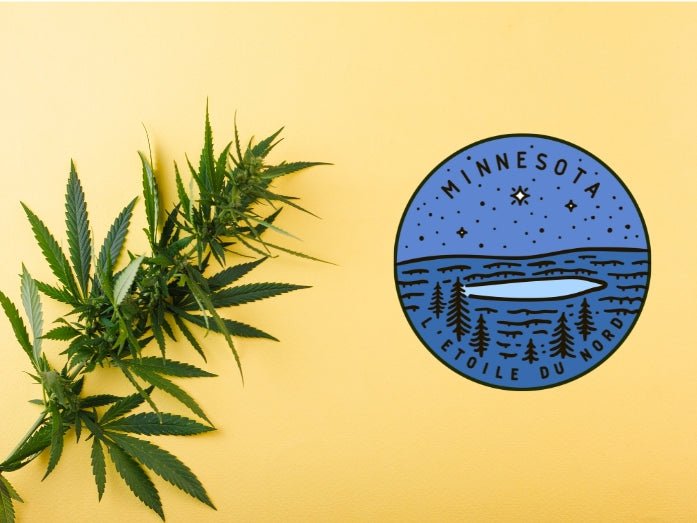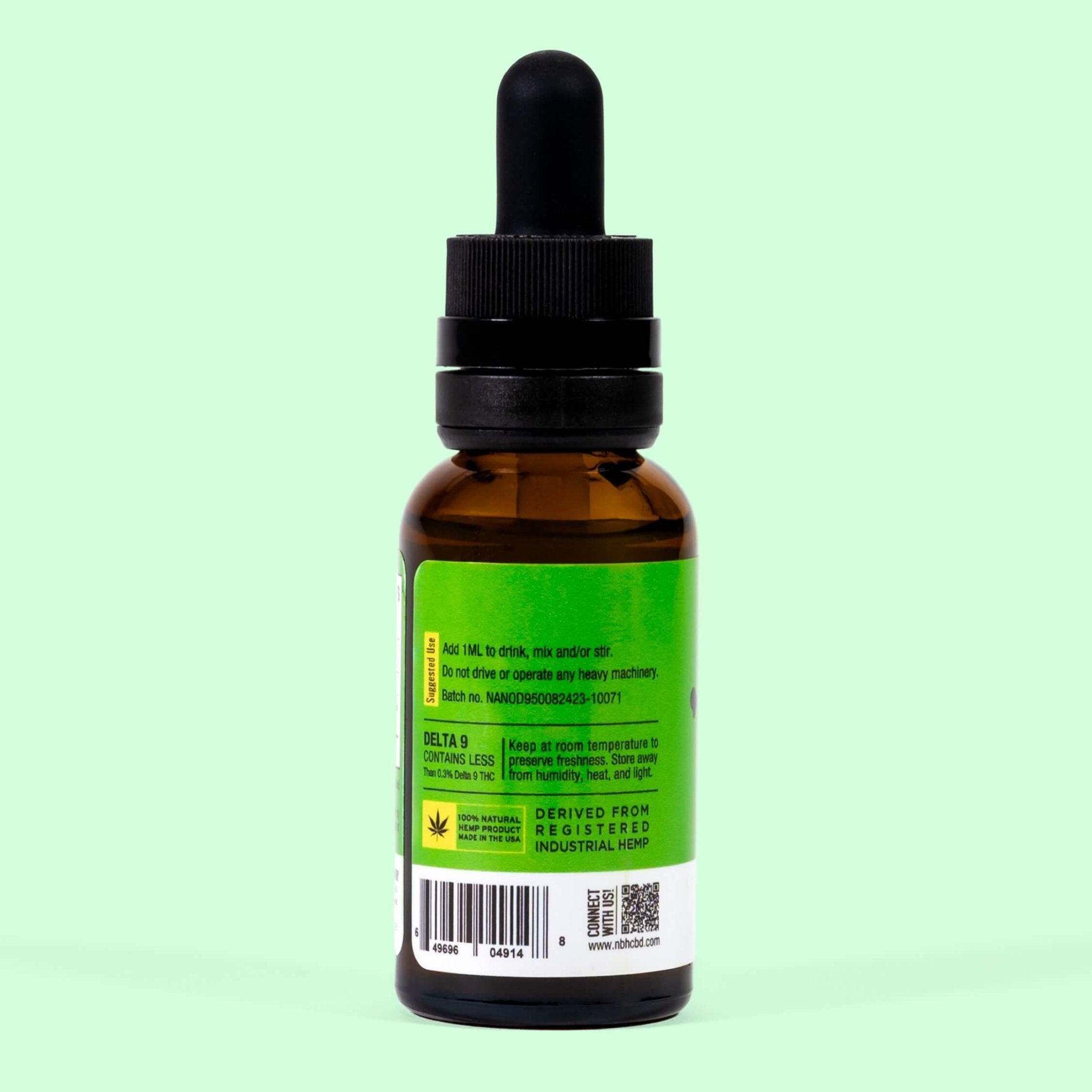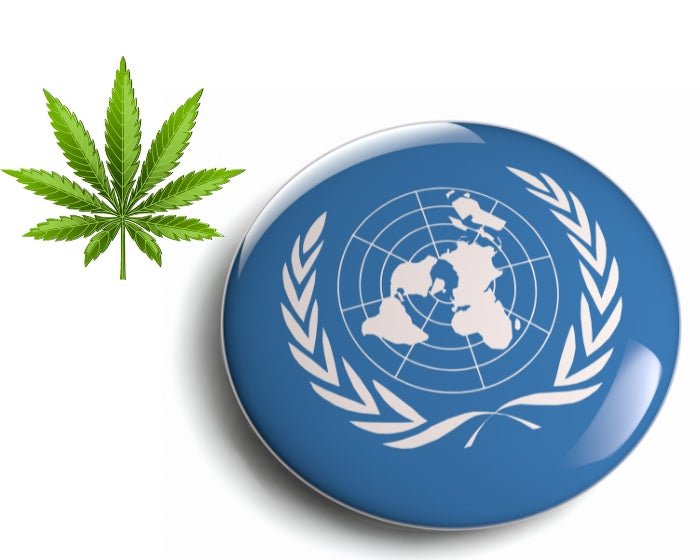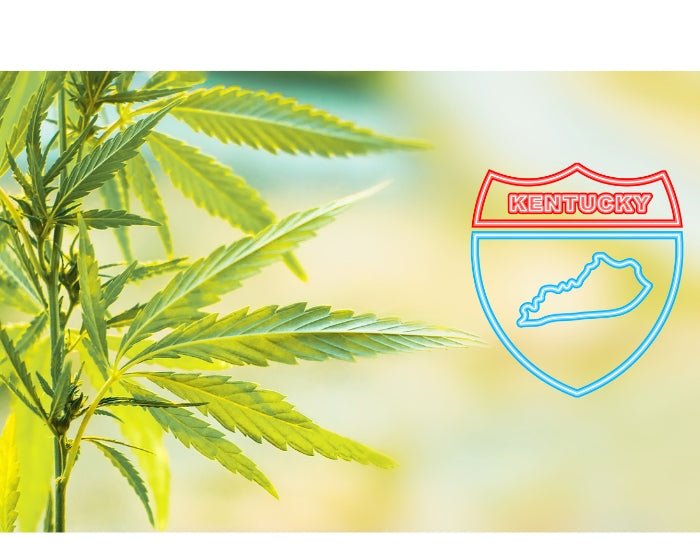In an effort to address concerns by hemp-based companies and stakeholders, lawmakers added substantial rewrites to the bill this week.

According to the Associated Press, legislation that would legalize adult-use cannabis in Minnesota received approval from its 13th House and 10th Senate committee on its way to what many industry experts predict as likely ratification by both chambers later this year.
While the measure, which is sponsored in the House by Rep. Zack Stephenson (D-Coon Rapids) and in the Senate by Sen. Lindsey Port (D-Burnsville), has been making steady headway through committees in both chambers since its introduction earlier this year, Tuesday's progress was of particular note, especially for stakeholders in the blossoming hemp-based industry.
During the Senate's State and Local Government and Veterans Committee, the measure underwent a comprehensive rewrite primarily to address concerns voiced by hemp businesses regarding an amendment to last year's omnibus spending bill that legalized hemp-derived low-THC edibles in the state.
The amendment has been the source of much confusion, misinformation and knee-jerk reactions by local politicians throughout Minnesota. With Congress' passage of the 2018 Farm Bill, hemp became legal to cultivate again. Additionally, any products derived from hemp also became legal to sell, such as the popular CBD.
So, prior to the enactment of the Minnesota amendment this past July, hemp-derived low-THC edibles were already legal to sell in Minnesota. The new law predominantly stipulated packaging and serving sizes changes, marketing safeguards and age limitations.
For example, according to the statute's wording, hemp-derived Delta-9 THC products can only be sold as food or drink and are restricted to five milligrams per serving and 50 milligrams per package. The offerings must also be in childproof packages and are prohibited from looking candy-like or appealing to children. Finally, they can only be sold to individuals 21 years and older.
What caused much of the uproar and panic among local lawmakers and civic leaders was the "sudden" proliferation of products and widespread awareness produced by the amendment and the extensive ensuing press coverage. Unfortunately, the law lacked much in the way of regulatory and licensing frameworks.
Tuesday's significant changes to the proposed measure would create two new licensing categories, change license application and transfer provisions, empower cities and counties with stronger regulatory control and clean up the language in the bill by combining previously distinct sections.
According to Sen. Port, the amendment incorporates "stakeholder feedback," and it "untangles the industrial hemp industry, ensuring that the hemp industry, which is legalized federally, does not have (an) undue burden that would harm the industry."
"(The legislation) untangles the industrial hemp industry, ensuring that the hemp industry, which is legalized federally, does not have (an) undue burden that would harm the industry."
- Sen. Lindsey Port (D-Burnsville)
However, Port quickly pointed out that even with these changes, local governments would remain barred from total bans on cannabis businesses under the proposed legalization measure. The overall goal of the 142-page amendment is to ostensibly keep manufacturers and retailers of hemp-derived THC products from being too closely linked to the newly legalized cannabis businesses if and when the reform becomes law.
A similar amendment will be added to the House version of the legislation sometime next week when it returns to the Commerce Committee. The measure still has several more committee stops before it goes to both chambers for a vote.
In that time, more changes will undoubtedly be made to the bill before the final version goes to lawmakers for their evaluation. However, once it does make its way to the House floor, it is expected to be approved in that chamber, where a similar bill authored by former Majority Leader Ryan Winkler (D) passed last year.
Rep. Stephenson expressed his optimism on Tuesday: "We are moving along as best as we possibly could have imagined. I think we have strong support for the bill in my caucus, and I suspect we are going to have some Republican support as well when we get to the floor."
"We are moving along as best as we possibly could have imagined. I think we have strong support for the bill in my caucus, and I suspect we are going to have some Republican support as well when we get to the floor."
- Rep. Zack Stephenson (D-Coon Rapids)
The real deciding factor in whether or not Minnesota joins the ranks of those states where recreational marijuana is legal is the State Senate. Unlike the House, there is very little margin for error in the other chamber, where Democrats have only a one-seat majority. However, if it receives Senate approval, Gov. Walz has promised to sign it into law once it reaches his desk.
For many industry advocates and activists, there is an overall sense of guarded enthusiasm for what lies ahead. The hope is to create marijuana reform that provides safe, legal and well-regulated adult-use cannabis to those Minnesota citizens 21 and older without causing undue harm to small businesses already operating in the already established and thriving hemp-based sector.








































